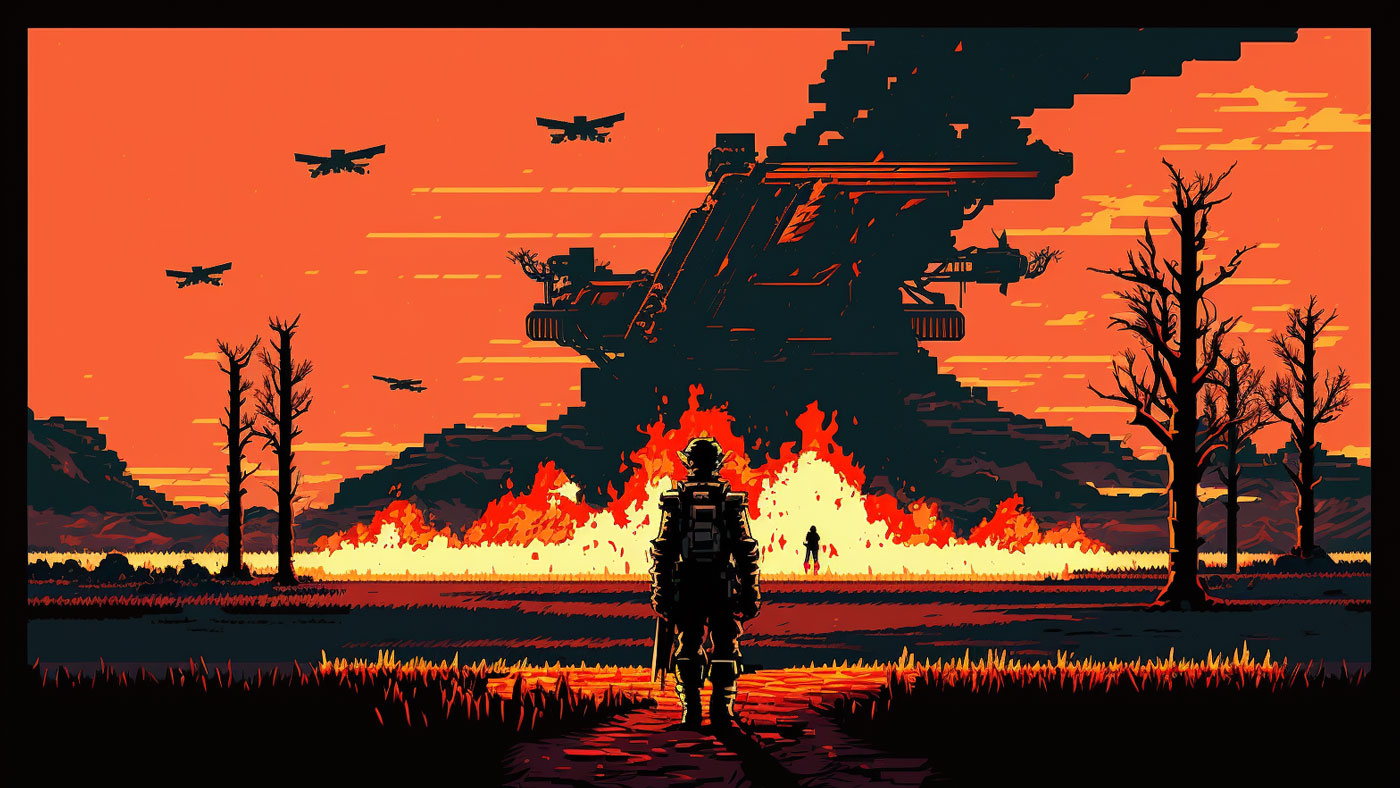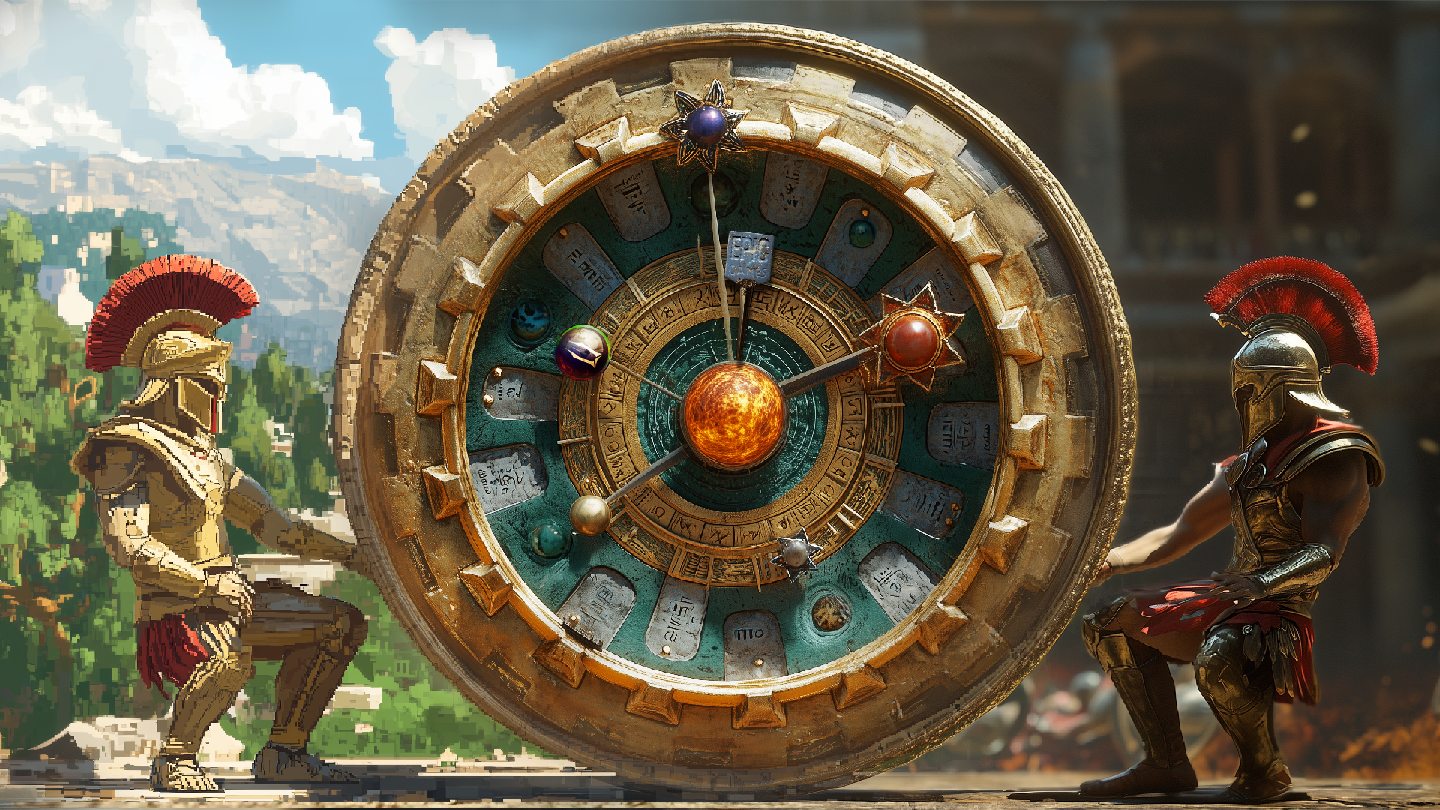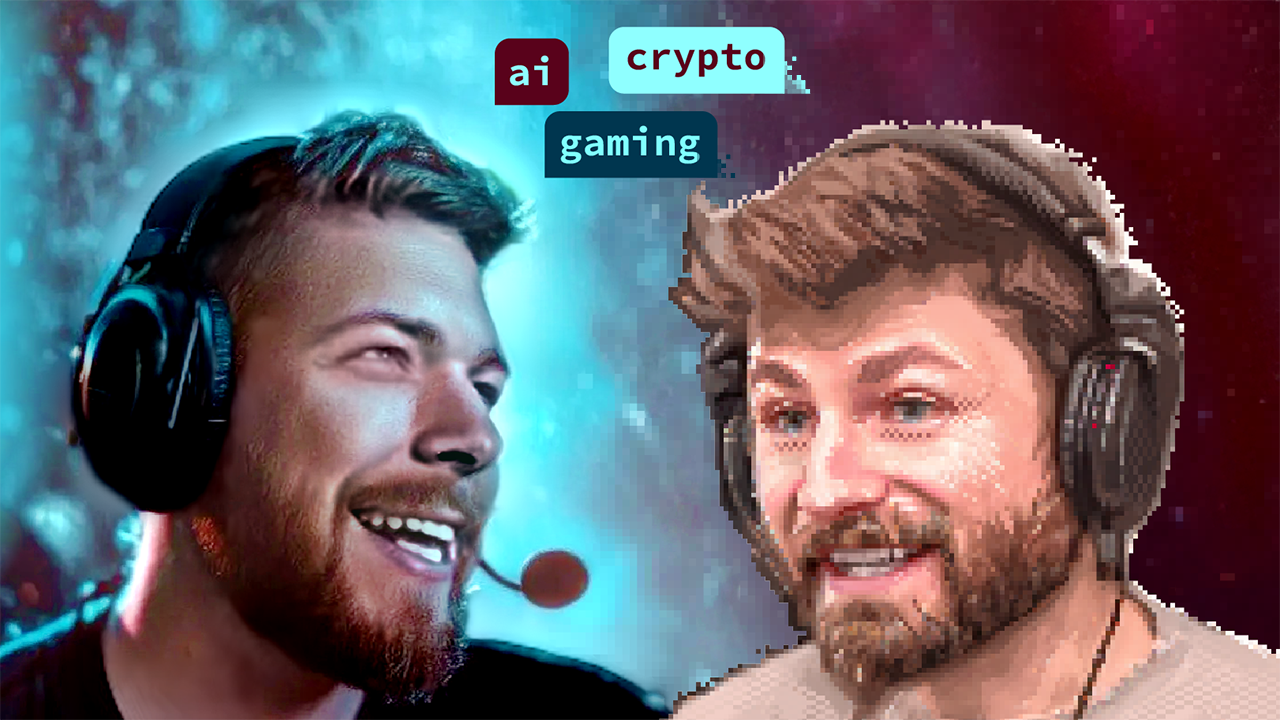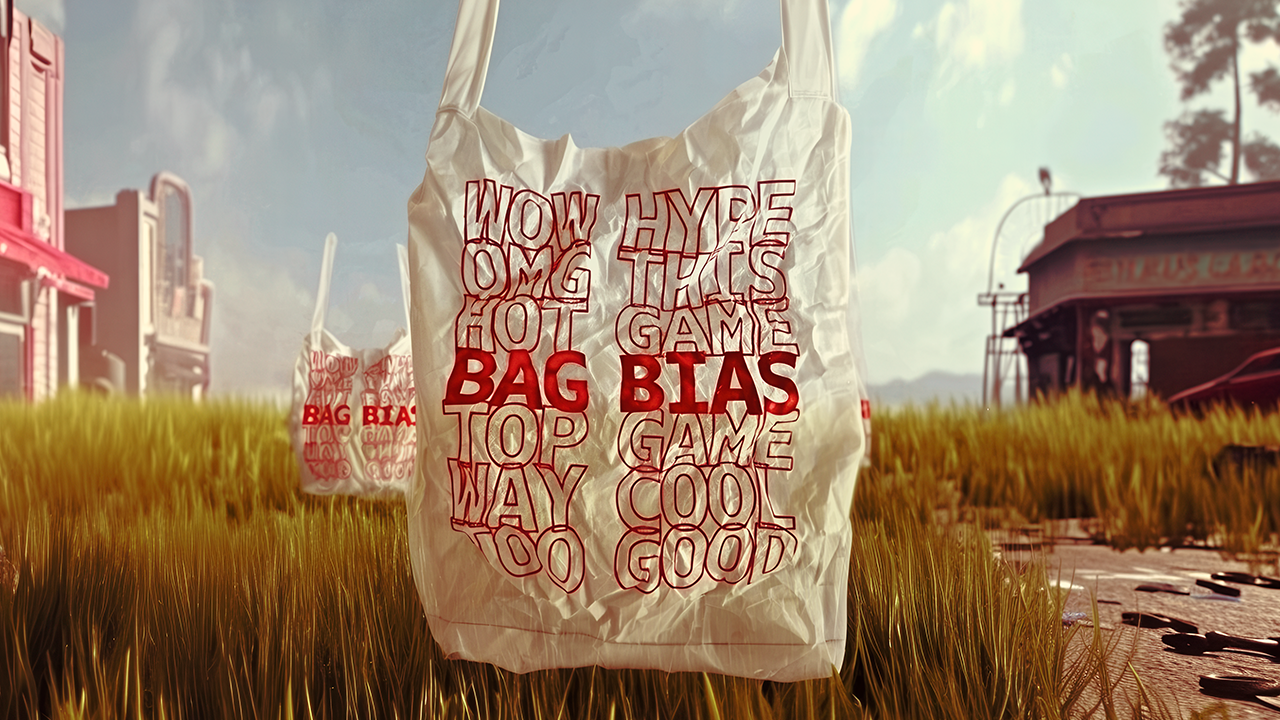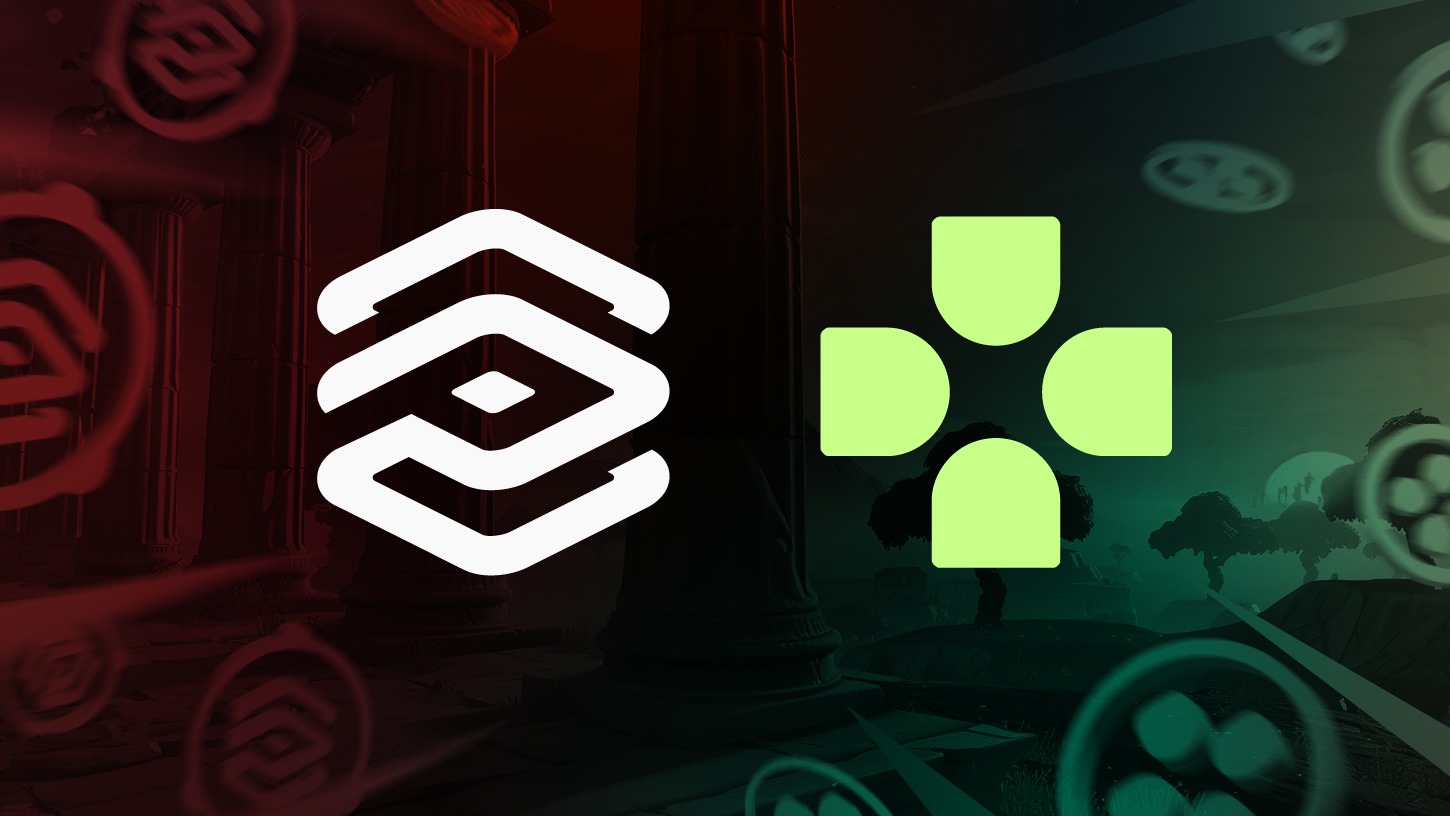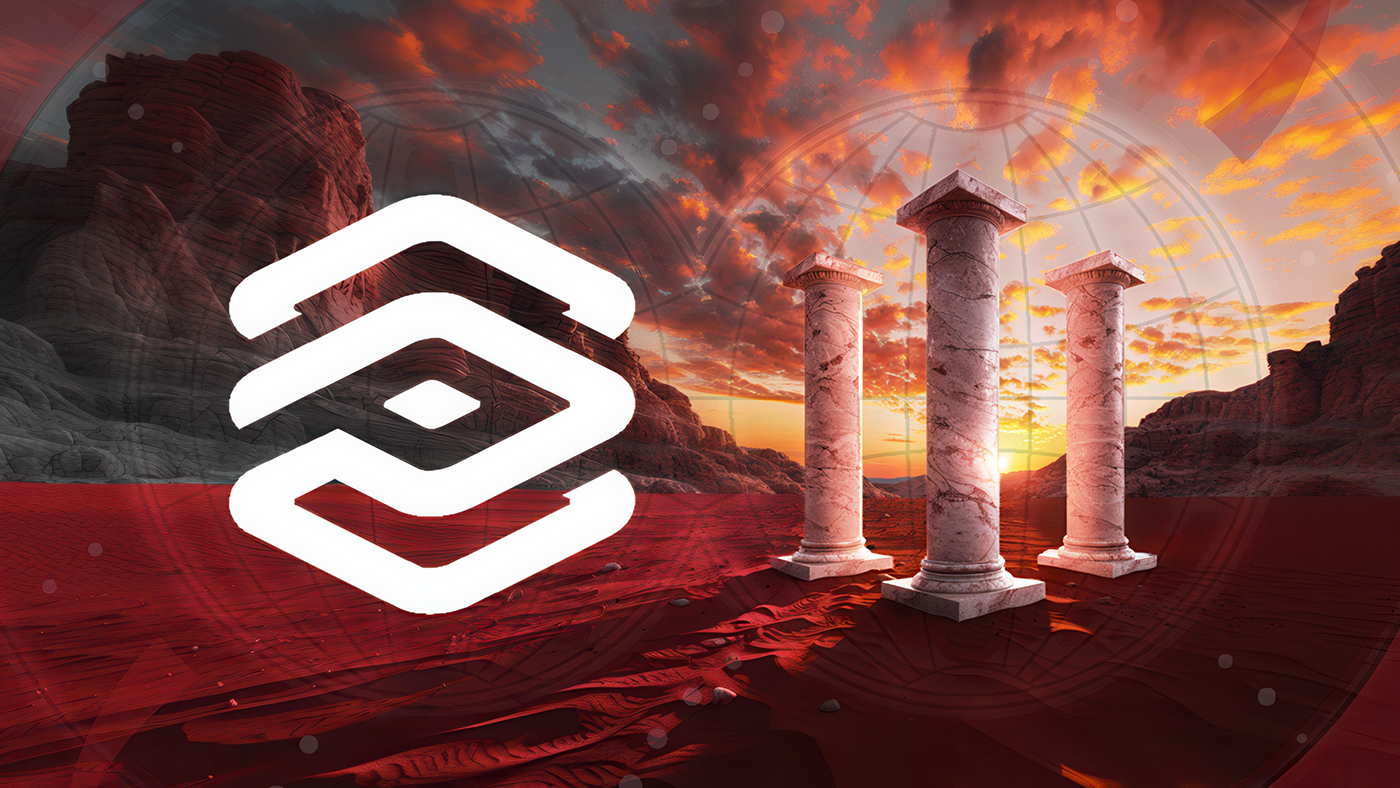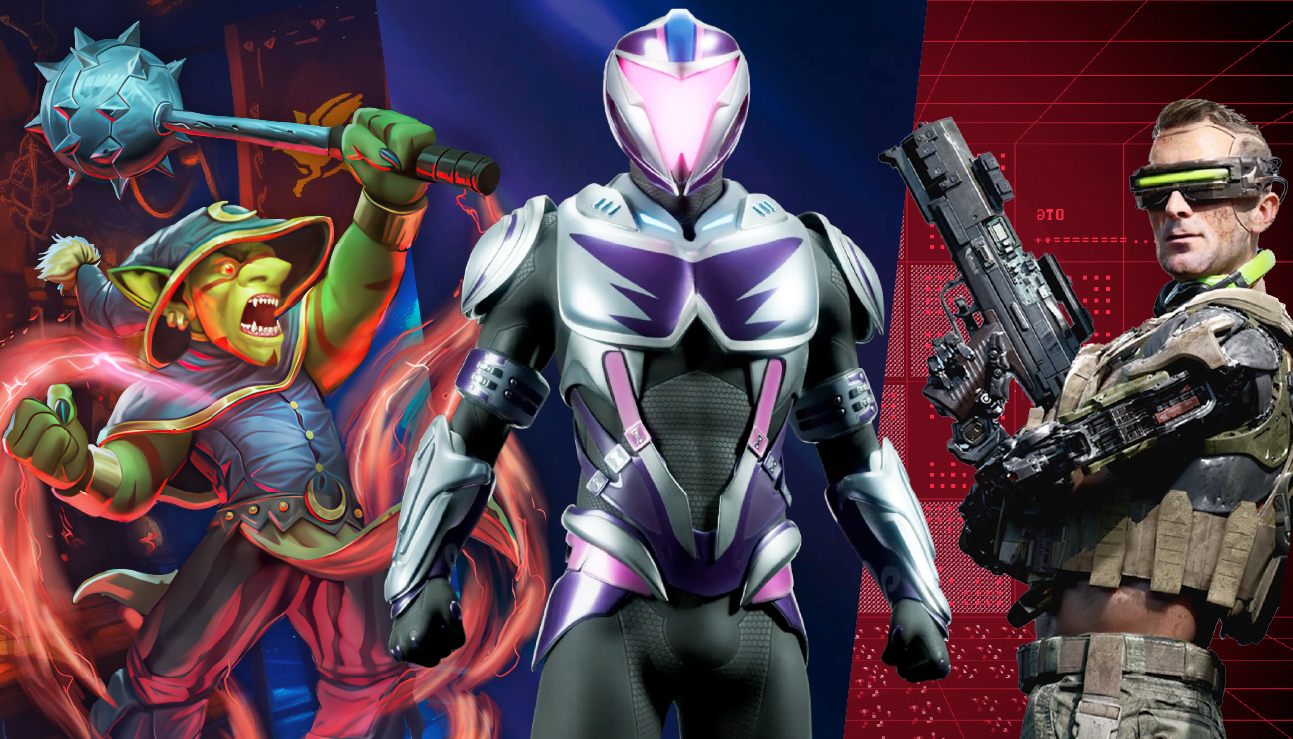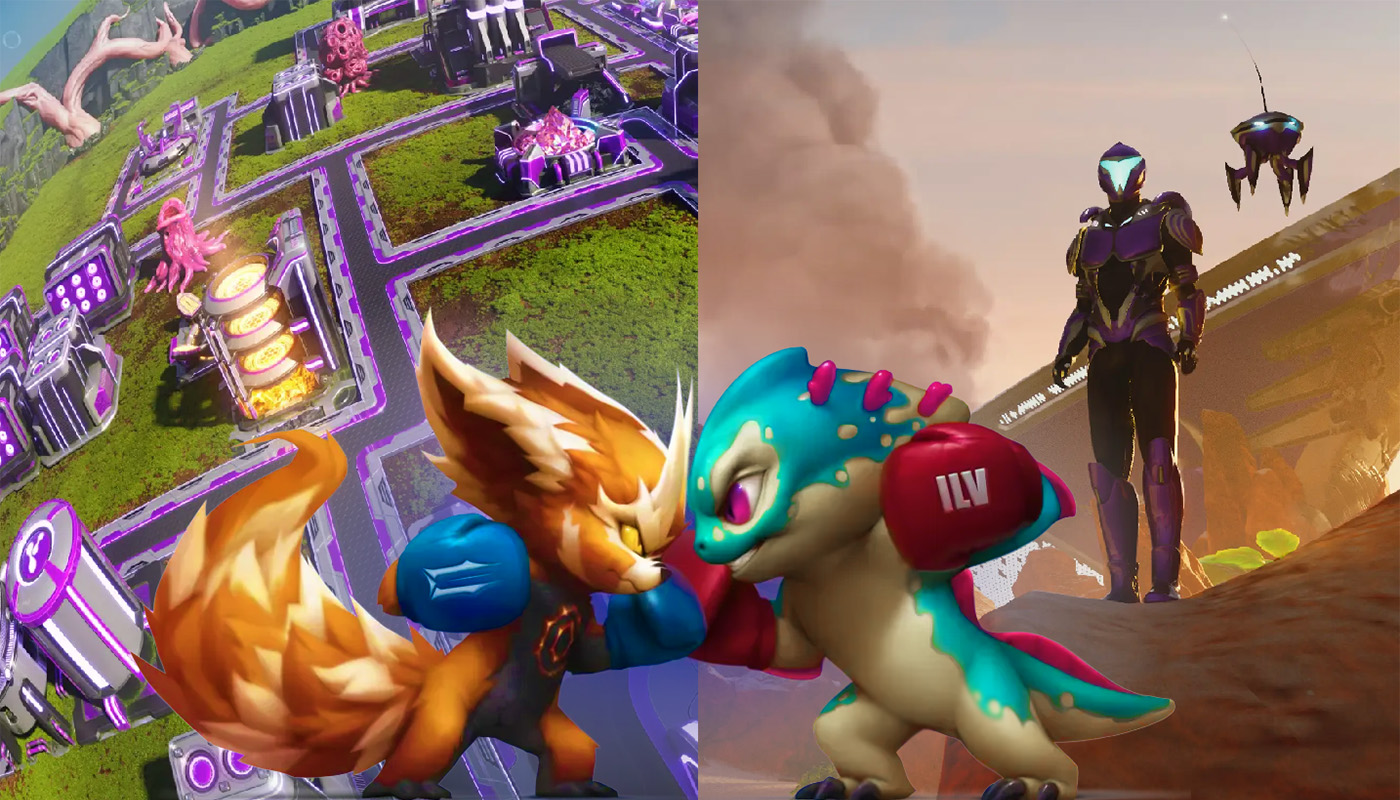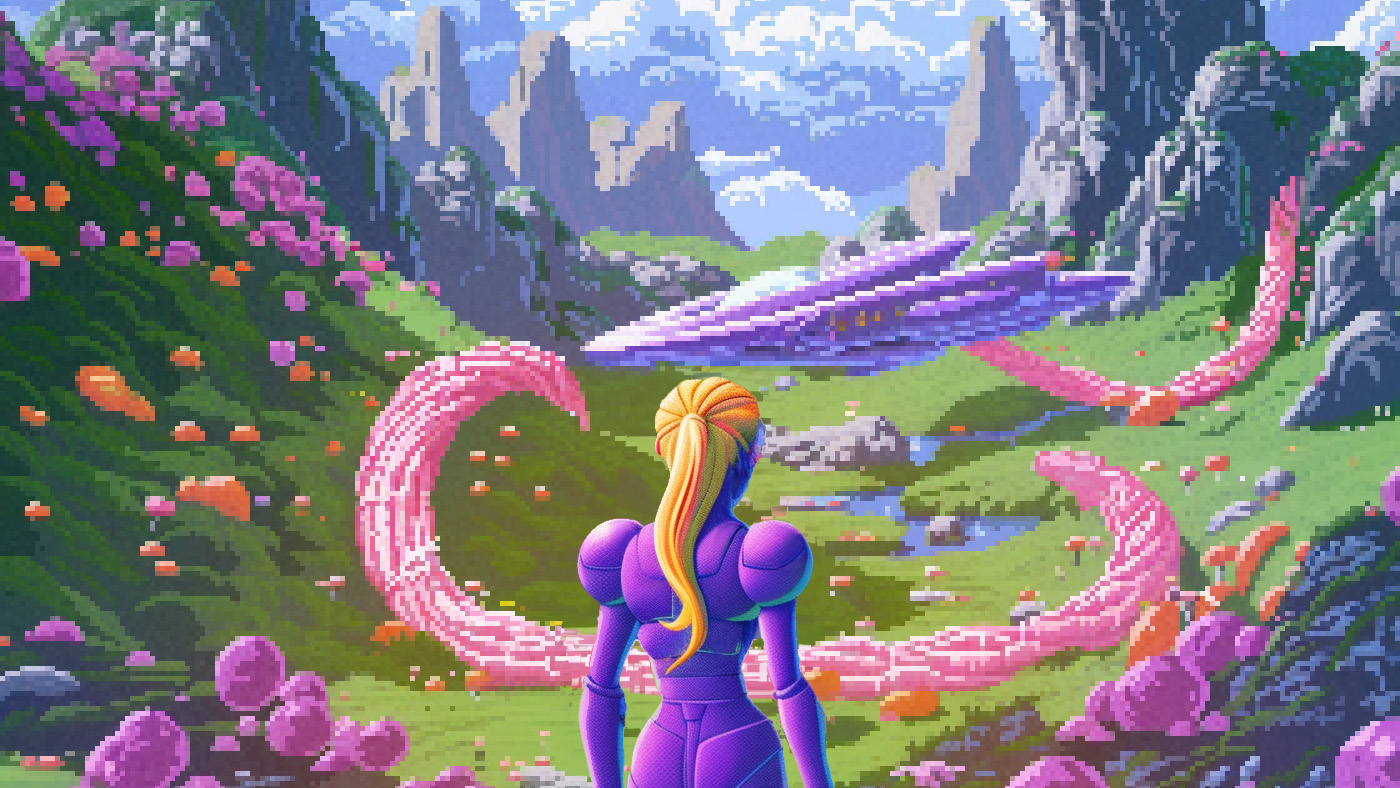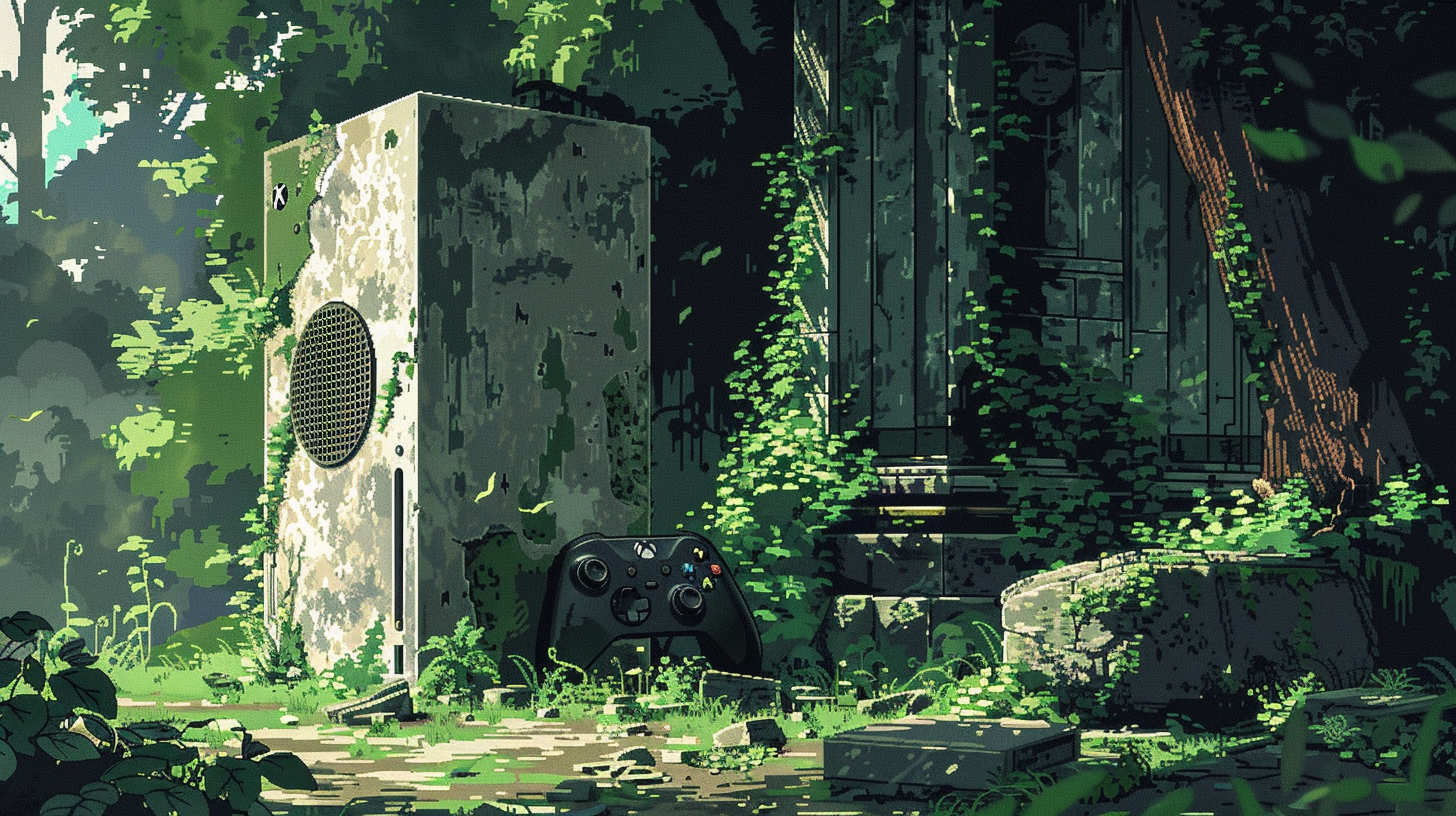OPINION: Gamers are currently locked in an all-out battle on Discord, Twitter, and other social media platforms. The second “NFTs” are introduced, the whole forum degenerates into name-calling and personal attacks.
Crypto-gaming related debates quickly turn into complete troll-fests, and some combatants resort to exposing the personal information of their adversaries online.
The battle is well illustrated right now on infamous Youtube streamer Dr Disrespect’s Twitter account.
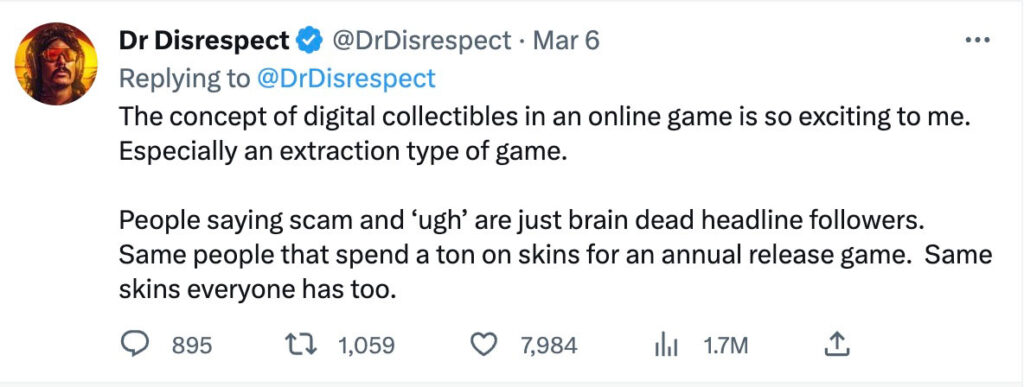
Disrespect’s game Deadrop, which we covered last week, has attracted both major support and major hate from gamers all over the world.
The top negative comment has amassed over 200K views.
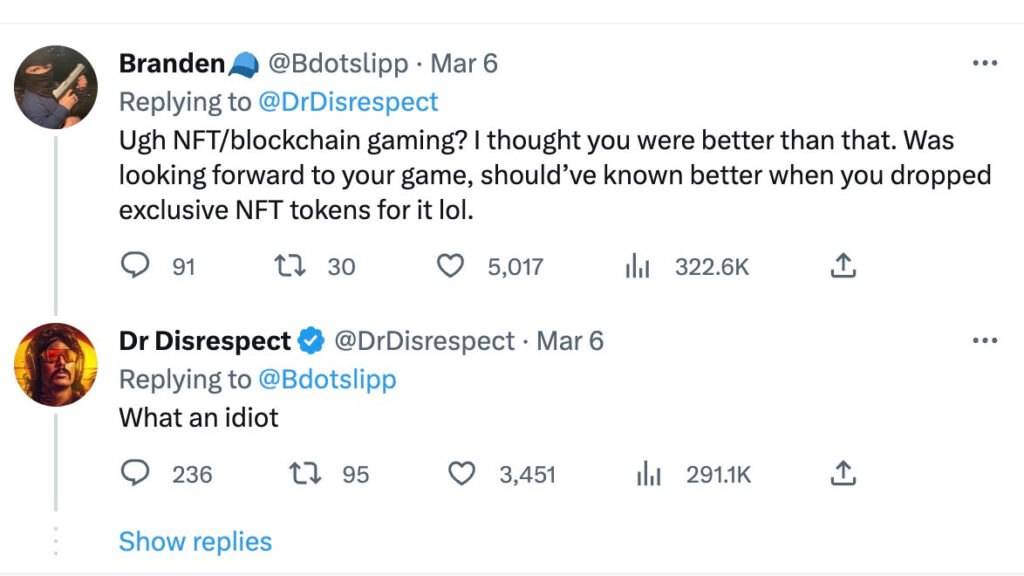
Some NFT haters are now abandoning the Doc’s game even after purchasing the “Founders Pass” NFT to gain access. At least one person thought the blockchain integration would stop with that.
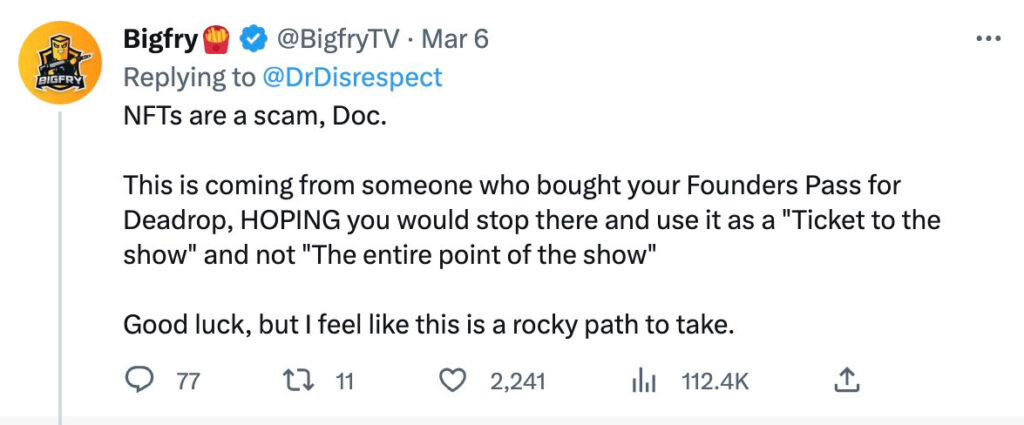
Blockchain supporters have also rallied, with gamers from many other projects including StarAtlas, Shrapnel, and others backing up the Doc’s position. Even the cofounder of Illuvium, Kieran Warwick, jumped in.

I believe the war is happening now because in the infancy of blockchain gaming, some individuals saw an opportunity to rip people off. They created simple trash games, pump-and-dump schemes as well as straight-out scams. The resulting negative image plagues the industry to this day.
But it wasn’t all bad. Many early adopters really saw how blockchain could revolutionize the gaming industry. Some incredible studios started developing the next generation of games, but good games take years to make.
I often find myself in the position of explaining what blockchain technology can bring to gaming. Here are my answers:
- Complete verified ownership of game assets
These are not just jpegs you can right click and save. Assets can function as playable characters, rare items, or any other game objects. They can also provide a wide range of benefits and functionality – for example, operating as access passes or providing for royalties – and you can only access any of this functionality if you are holding the asset in your wallet.
- Truly tradeable collectibles
NFT games assets can be traded entirely separate from game owners and environments. Sure, players can buy and sell CS:GO skins in the Steam store without them being NFTs, but that trading is controlled by Steam’s owner Valve. You can’t take the money out of the system. Most other games don’t let you trade assets at all.
- Volume and liquidity
Almost every blockchain has multiple marketplaces with thousands of transactions occurring every day. This prevents a single centralised marketplace from forcing unfavourable trade conditions and allowing competition to drive pricing. The counterexample here is again Steam, with its high fees. Steam is the only place for gamers to trade, they have no choice but to pay those fees or risk getting scammed by trying to circumvent the rules.
- What about global warming and climate damage?
There are blockchain solutions to counter the energy use of the technology. For example, blockchain gaming platform ImmutableX, which claims to be carbon neutral.
- Doesn’t this make it pay to win?
This was my major fear when I voyaged into web3: that you would simply be able to pay money to win a game. I am someone who only played League of Legends for seven years because it was free (I didn’t buy a single skin either). It’s true that with many blockchain games you can definitely play to get a performance edge . However there are incredible studios that also hate the idea of “pay to win”. You just have to do a little research first.
Building value
If you follow my arguments in the above five points, you should look into blockchain games.
Have you ever finished a quest or won a hard battle and earned an incredibly rare item? Would it not be awesome to have something of value coming out of all the time, dedication, and skill you put into that game?
What about spending lots of money on in-game skins and assets but then no longer playing the game? Would it not be convenient to sell off the assets and have a little money for the next game, or even the rent?
The blockchain is just getting started. There are use cases that we can’t even imagine yet. I ask that you just read a couple of our articles and check out a few of the games we discuss, some of which are completely free to play. You’ll find the crypto gaming space isn’t as bad as you imagined.
Enjoy our reporting? Sign up for the Pharos newsletter and receive an update every week for free.

